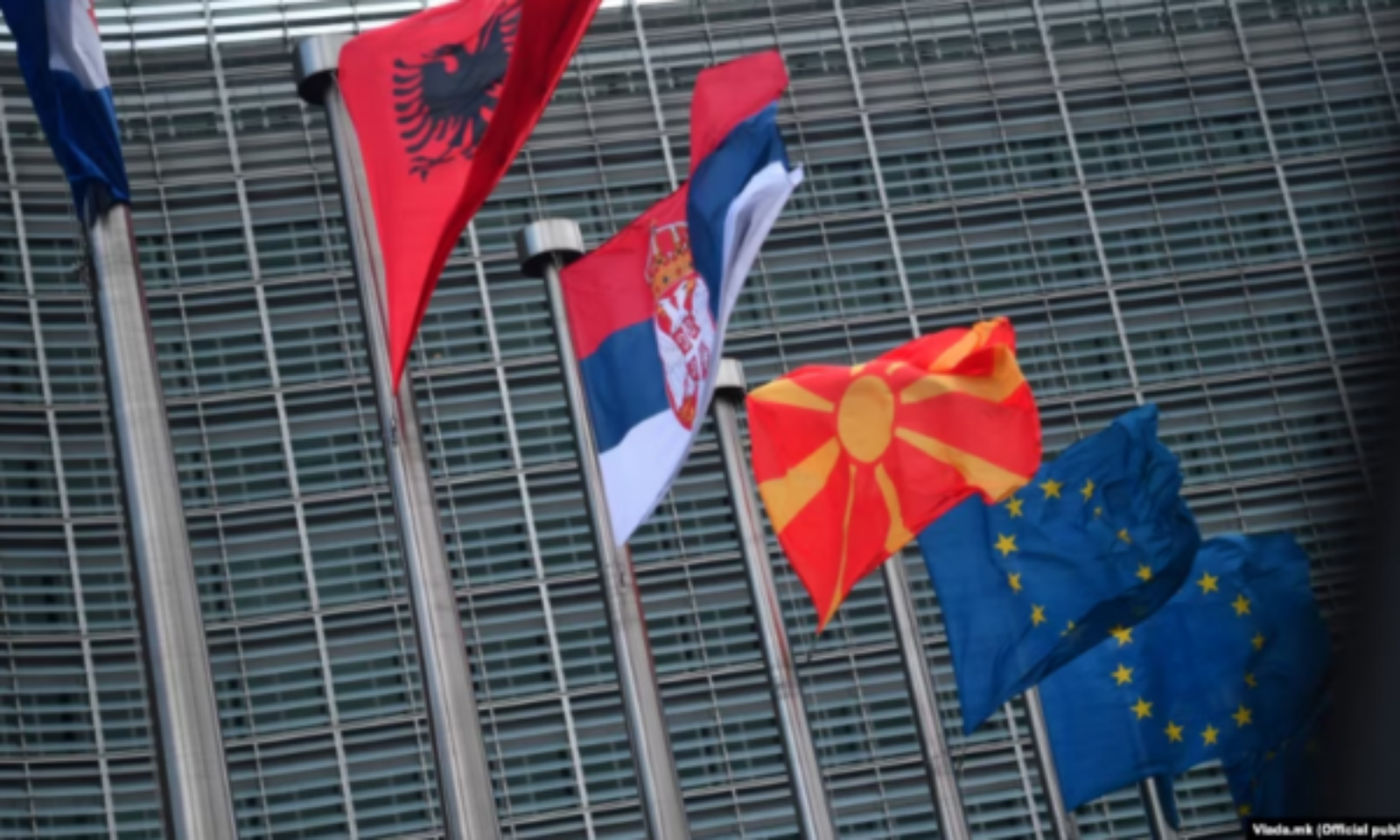European Commission President Ursula von der Leyen, who has been re-elected for another five-year term, will host a working lunch with the leaders of Western Balkan countries in Brussels on September 19.
This meeting aims to demonstrate her continued commitment to the region and to the EU enlargement process in her new term. However, the primary goal of the meeting is to discuss the “reform and growth agendas,” which nearly all countries in the Western Balkans have submitted to the European Commission as a prerequisite for receiving the first payments from the EU’s Western Balkans Growth Plan approved in May this year.
Von der Leyen has personally been involved in promoting this plan, which has also received support from the European Parliament and member states in the EU Council.
According to EU sources, von der Leyen’s meeting with the leaders of Western Balkan countries will be an opportunity to assess the progress these countries have made in preparing to meet the objectives of this plan.
Each country was required to prepare a reform agenda based on preliminary recommendations from EU bodies.
Five countries in the region have already completed this, while Bosnia and Herzegovina is the only one that has not yet done so due to internal political reasons.
Kosovo, on the other hand, was among the first to submit its plan to the European Commission.
Expectations in the EU were that by mid-September, the European Commission would approve these agendas. This was anticipated to occur before the September 19 meeting, but the process has been delayed until October.
Unofficial reasons cited include the fact that Bosnia and Herzegovina has not yet submitted its plan. Given that local elections are also approaching in this country, it is not expected to do so before October.
These delays could impact the goal of the Hungarian EU Presidency to ensure that the first payments to the more advanced countries occur before the end of the year.
According to unofficial calculations, Kosovo could receive over 880 million euros from the Growth Plan. Of this amount, over 250 million euros would be provided as non-repayable funds, with the rest offered in the form of favorable loans.
The calculation of the financial amount allocated to each country is based on Gross Domestic Product (GDP), population, and other criteria.
However, during the presentation of this plan, it was clearly stated to the region’s countries that if they do not implement the reforms within one or two years, the funds could be redistributed to other countries.
Through the Western Balkans Growth Plan, the European Union plans to allocate around 6 billion euros to the region from 2024 to 2027.
Of this amount, 2 billion euros will be grants from the EU, while the remainder will be provided as favorable loans.
The goal is to support economic growth and, in this way, accelerate the European integration process for the region.
Beneficiaries of these funds include all countries in the region: Kosovo, Albania, North Macedonia, Montenegro, Bosnia and Herzegovina, and Serbia.
The plan also aims to encourage regional cooperation and the development of a common market in the region, which will gradually integrate into the EU’s single market.
According to EU officials, this plan is not intended to create an alternative to EU enlargement but to facilitate the accession of these countries to the EU.
The EU continues to remind that for the utilization of the financial resources from the Growth Plan, countries in the region must meet several conditions, with the main ones related to the rule of law and ensuring financial control procedures according to European standards.
For Kosovo and Serbia, a specific condition mentioned is progress on the path to normalizing relations – which includes their constructive engagement in implementing all agreements reached in the EU-mediated dialogue.
If there is no progress in normalizing relations, according to EU diplomats, countries identified as unconstructive could face consequences, including the blocking of payments from the Growth Plan.
Kosovo is currently under several EU sanctions due to tensions in the predominantly Serbian northern part, which include the suspension of payments from the EU’s Instrument for Pre-Accession Assistance (IPA).
The Growth Plan is distinct and not included in IPA.
The Western Balkans Growth Plan, as a 6 billion euro package, is considered the most ambitious plan for this region.
The approximately 900 million euros allocated to Kosovo will also be the largest amount it has received from the EU in a separate package. /REL/







